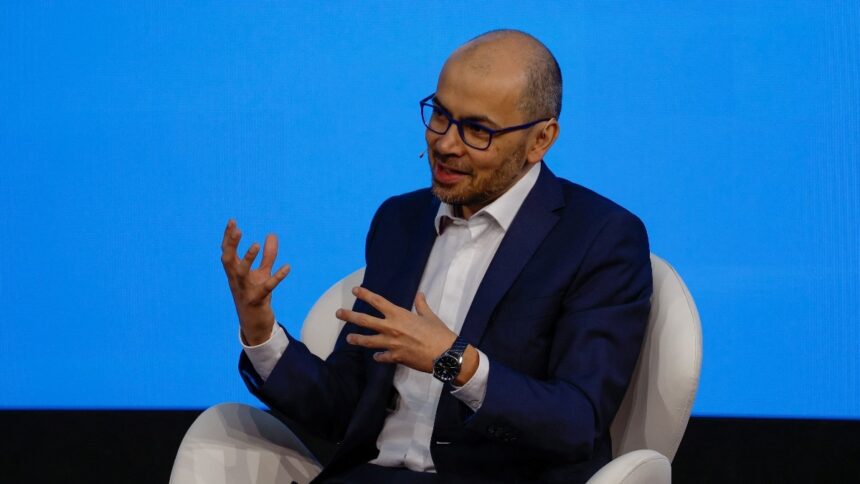Demis Hassabis, the co-founder and CEO of Google DeepMind, has made an audacious claim that artificial intelligence could potentially bring an end to all diseases, and possibly within the next ten years.
Speaking in a recent interview with CBS’s 60 Minutes, the British scientist and Nobel Prize laureate said AI is progressing at a pace that defies conventional expectations. “It’s moving incredibly fast,” he said, suggesting that the field may be on “some kind of exponential curve of improvement”. He attributed this acceleration to increased attention, resources, and global talent flooding into the AI sector.
Central to Hassabis’ vision is the transformative potential of AI in healthcare, particularly in the area of drug discovery. “So on average, it takes, you know, 10 years and billions of dollars to design just one drug,” he explained. “We can maybe reduce that down from years to maybe months or maybe even weeks. Which sounds incredible today, but that’s also what people used to think about protein structures.”
Indeed, DeepMind’s own AlphaFold model mapped over 200 million protein structures in just one year, a task that Hassabis says would have otherwise taken “a billion years of PhD time”. Understanding these structures, he noted, is key to identifying disease mechanisms and developing targeted treatments. “If we know the function, then we can understand what goes wrong in disease… And we can design drugs and molecules that will bind to the right part of the surface of the protein.”
When asked directly whether AI could lead to the eradication of all diseases, Hassabis responded with quiet conviction: “I think that’s within reach. Maybe within the next decade or so, I don’t see why not.”
The comments quickly sparked widespread attention, including praise from unexpected quarters. Aravind Srinivas, CEO of rival AI firm Perplexity, took to X (formerly Twitter) to voice his support. “Demis is a genius and he should be given all resources in the world to make this happen,” he wrote. Hassabis later acknowledged the praise with a simple, “Thanks Aravind!”
Thanks Aravind!
Despite his optimism, Hassabis also issued a note of caution about the rapid evolution of AI, expressing concern about the risks of misuse by bad actors and the need to ensure systems remain aligned with human values. “Can we make sure that we can keep control of the systems? That they’re aligned with our values, they’re doing what we want that benefits society. And they stay on guardrails,” he asked.
Still, his vision is clear: a future where AI not only helps us better understand the universe but also cures the ailments that have long plagued humanity.








